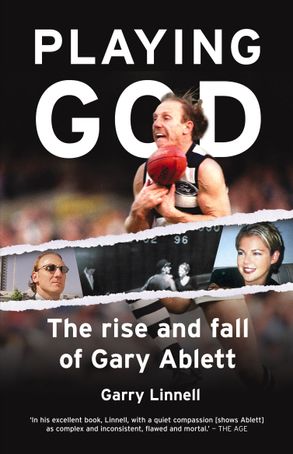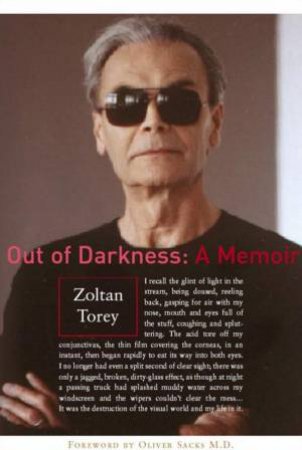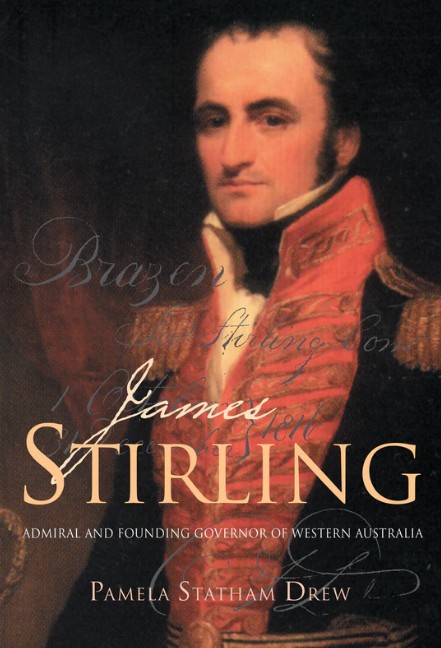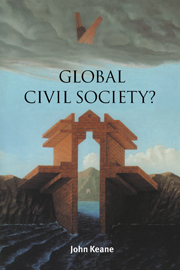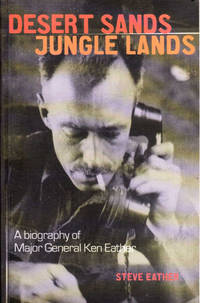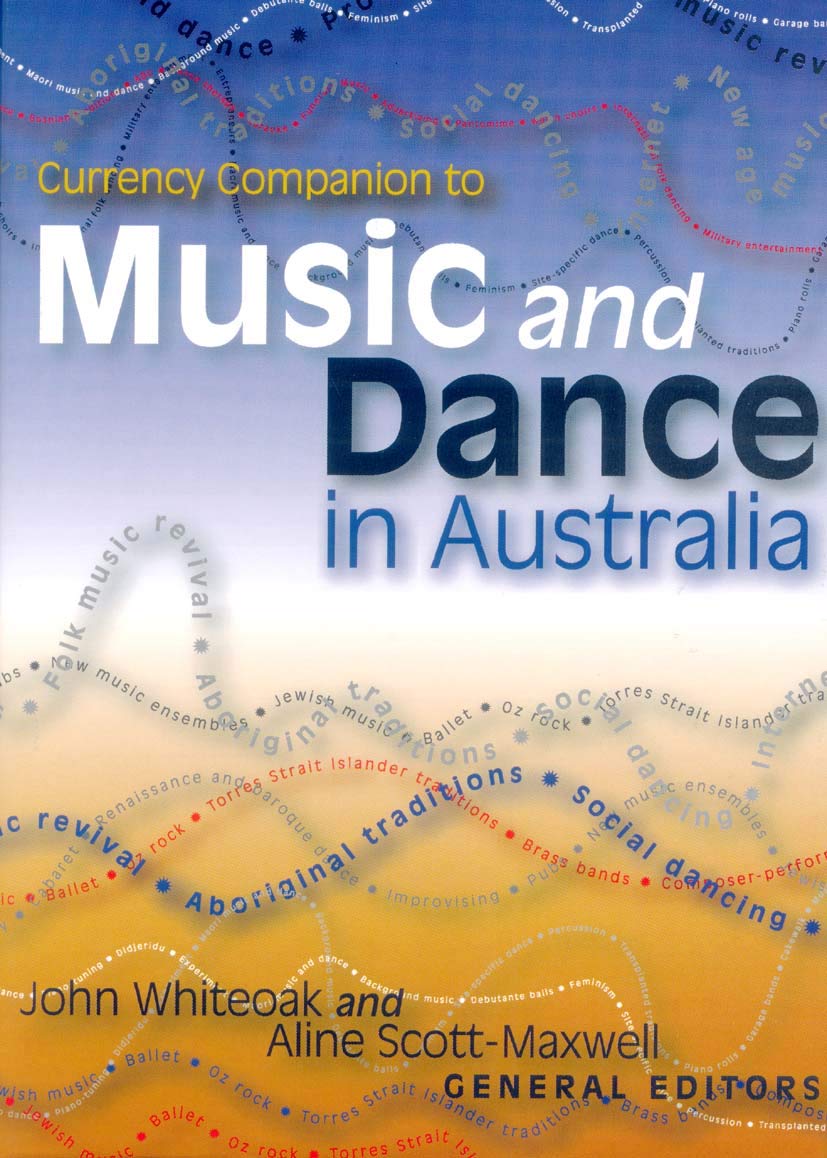Archive
Playing God by Garry Linnell & Bob Rose by Steve Strevens
by Brian Matthews •
A Game of Our Own: The origins of Australian football by Geoffrey Blainey
by Brent Crosswell •
James Stirling: Admiral and Founding Governor of Western Australia by Pamela Statham-Drew
by David Hutchison •
Desert Sands, Jungle Lands: A biography of Major General Ken Eather by Steve Eather
by Mark Johnston •
Currency Companion to Music and Dance in Australia edited by John Whiteoak and Aline Scott-Maxwell
by John Rickard •
There is a difference between celebrity and recognition. Celebrities are recognised in the street, but usually because of who they are, or who they are supposed to be. To achieve recognition, however, is to be recognised in a different way. It is to be known for what you have done, and quite often the person who knows what you have done has no idea what you look like. When I say I’ve had enough of celebrity status, I don’t mean that I am sick of the very idea.
... (read more)
